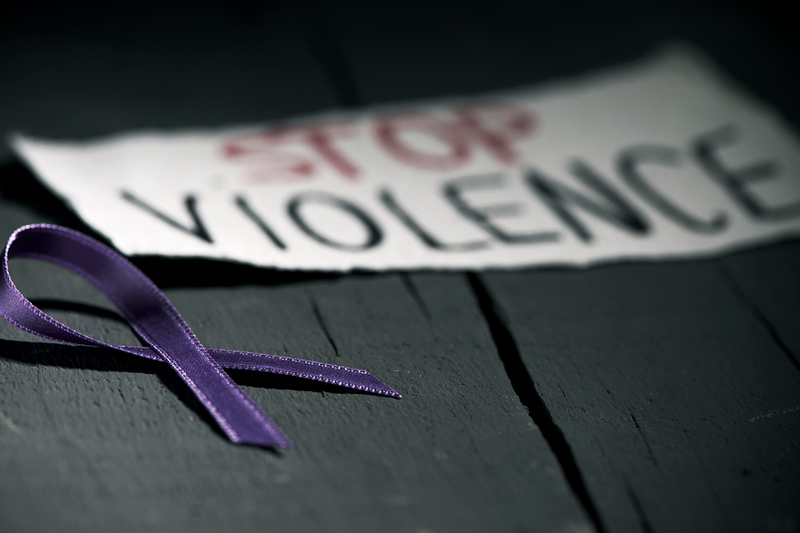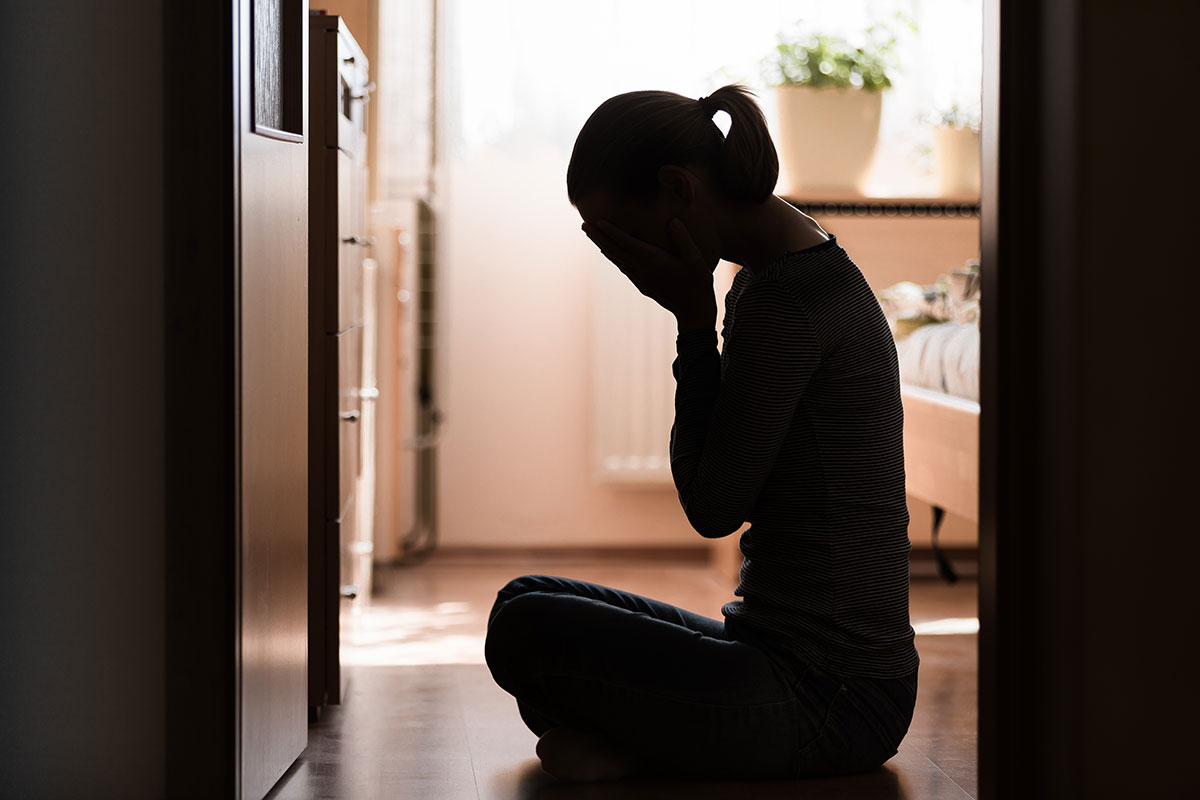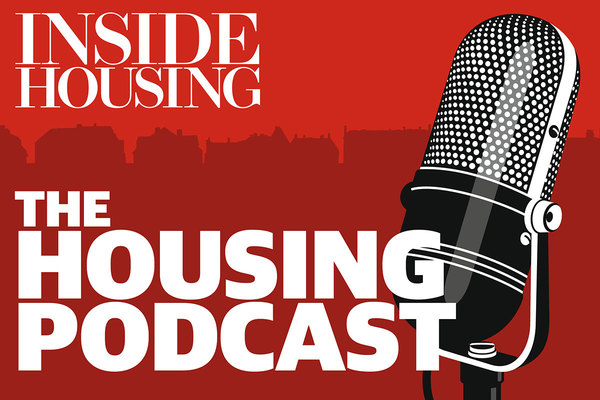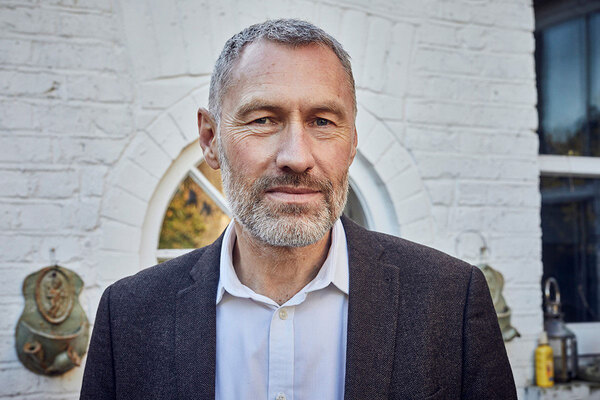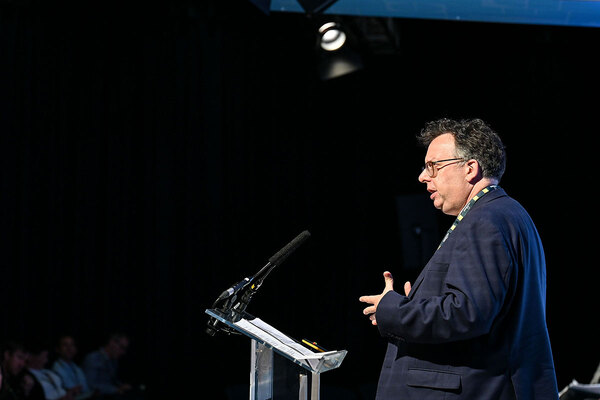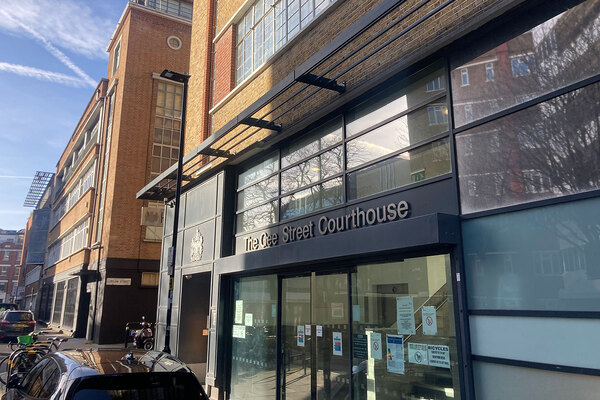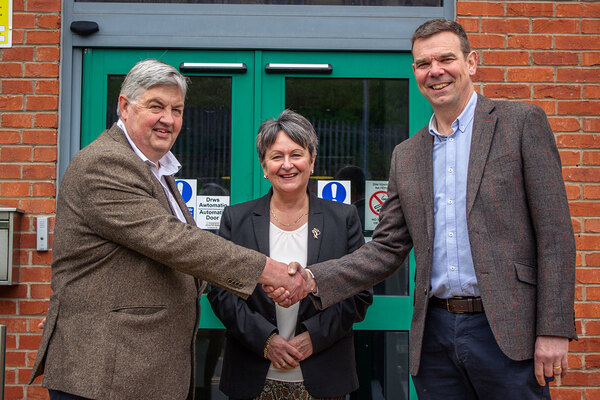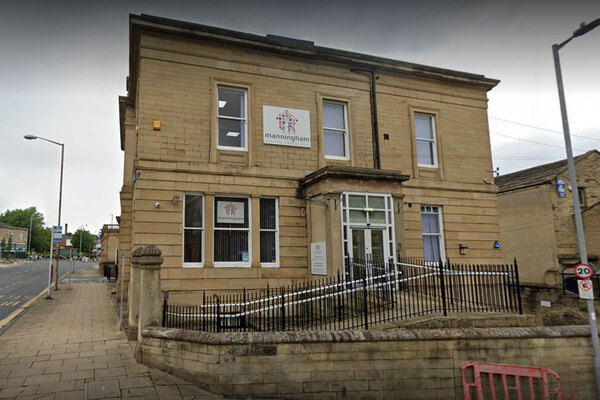You are viewing 1 of your 1 free articles
Housing associations must not shy away from the issue of violence against women
The housing sector has a role to play in responding to male violence and misogyny, argues Sophie Ireland
The recent murder of Sarah Everard has sparked a wave of frustration and anger at the lack of safety for women in the UK. It has shone a light on the entrenched misogyny in our society and the lengths women go to just to feel safe.
In the days following this tragic event, there was a flood of ‘Me Too’ stories shared on social media by women who had experienced sexual assault or harassment when walking alone at night. No one likes to think about loved ones feeling fearful or being at risk of these types of crimes, but this is the reality and it’s important that we treat it as such.
“As social purpose organisations, we have a role to play in dismantling the culture that enables this violence to continue”
Housing associations have a role to play in creating safe communities. We are well positioned to identify and respond to safeguarding concerns through our services and partnerships with local authorities.
As social purpose organisations, we also have a role to play in dismantling the culture that enables this violence to continue – by listening to women’s experiences and having open conversations about the day-to-day impact of violence and harassment on women.
When crimes like this one occur, the response is all too often to encourage women and girls to be more careful, reducing their liberty, rather than tackling the heart of the issue. The fact is that misogyny, in some form or another, touches women’s lives daily – whether that be microaggressions, feeling unsafe or more serious forms of discrimination.
Often these instances are so normalised that it can feel futile to protest, but as we have seen with the case of Sarah, the consequences of not challenging these behaviours can be devastating.
“We’ve seen vastly increased numbers of individual and repeat domestic abuse calls and, worryingly, weekly referrals to our refuge have quadruped”
This tragic event follows a year when reports of domestic abuse have been rising rapidly.
A recent report by national domestic abuse charity Women’s Aid found that 61% of survivors have experienced more abuse during the coronavirus pandemic and the National Domestic Abuse Helpline reported a 25% increase in calls since lockdown measures began.
As a provider of homes and specialist domestic abuse support services, at Metropolitan Thames Valley Housing (MTVH) our experiences have mirrored the national picture. We’ve seen vastly increased numbers of individual and repeat domestic abuse calls and, worryingly, weekly referrals to our refuge have quadruped.
This surge in domestic abuse cases has illuminated the vital need for enhanced protective and preventative support. The government’s consultation on violence against women and girls offers a welcome chance to create tangible change and the Domestic Abuse Bill – due to return to the House of Commons this month – should also inch us a few steps further forward.
“At the vigil for Sarah, women gathered to pay their respects to someone they didn’t know but someone they could relate to – in the same way that they relate to their friends and their sisters”
At MTVH, we have been working to influence the bill to include support for migrant women. Our chief executive Geeta Nanda recently used a comment piece in Inside Housing to call for the inclusion of amendments that will enable all survivors to access the support they need, regardless of their immigration status. We have since engaged politicians from across our regions, such as Kate Osamor, Bell Ribeiro-Addy and Nadia Whittome, to advocate for the needs of migrants and raise awareness of their stories.
At the vigil for Sarah, women gathered to pay their respects to someone they didn’t know but someone they could relate to – in the same way that they relate to their friends and their sisters. When the news coverage of Sarah’s tragic death dampens down, the issue of violence against women and girls will not dampen with it.
It is important that, as individuals and social purpose organisations, we don’t shy away from our role in challenging the culture that enables this violence to continue. It is only by tackling it head on that we’ll create a safer and fairer society.
Sophie Ireland, public affairs executive, Metropolitan Thames Valley
